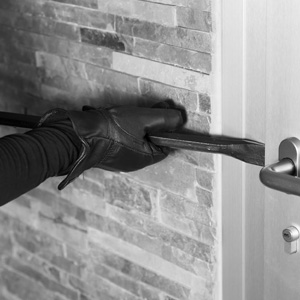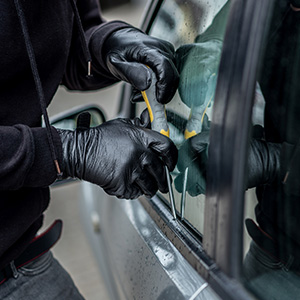Regular Phoenix DUI or DWI
A regular DUI is considered driving with a BAC of 0.08-0.14% or driving with a controlled substance in your bloodstream.
Penalties include:
- Undergoing a substance abuse screening assessment;
- Completing substance abuse treatment program;
- Serving 10 consecutive days in jail and payin g jail costs;
- An additional 9 days in jail will be suspended if the substance abuse program is completed;
- $250 fine plus any surcharge;
- $500 State Prison Construction and $500 State General Fund payments.

.jpg)
.svg)








